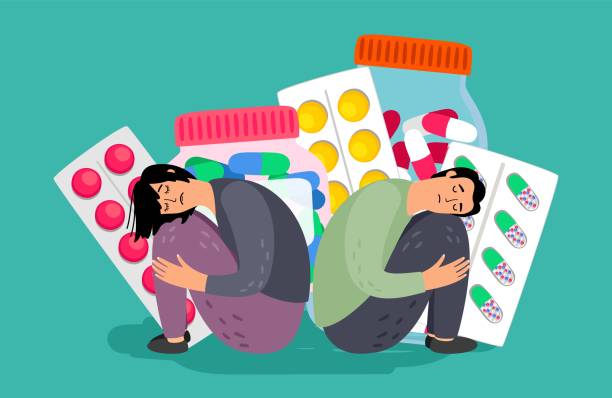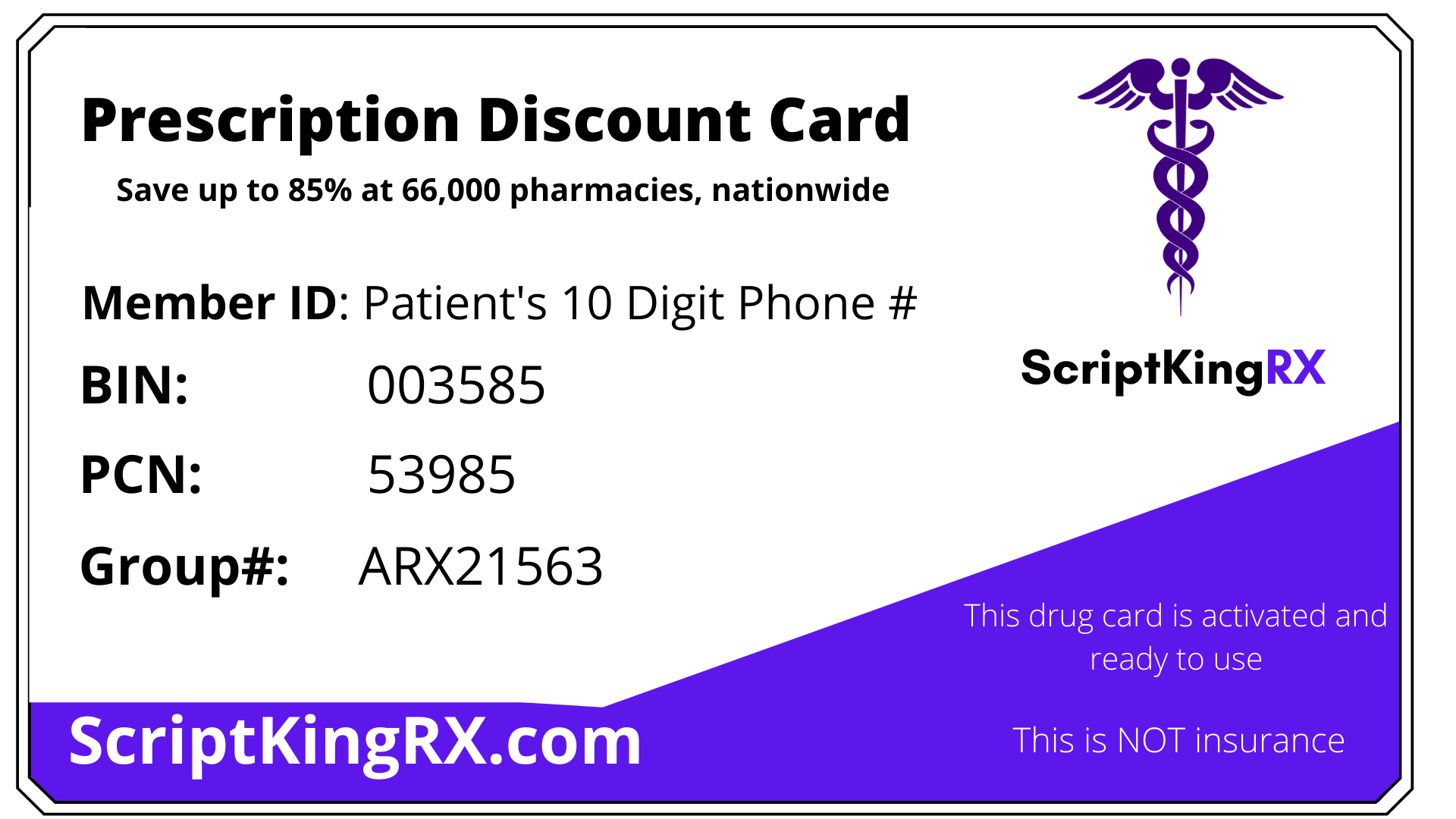Types of Antidepressants
Types of Antidepressants

Antidepressants are medications used to treat depression. There are several different types, so you may have to try several to find which one (or ones) work best for you. Learn about antidepressants and talk to your doctor to find the one that works for you.
Although prescription antidepressants have more evidence for their use, over-the-counter medications such as 5-HTP and SAMe are nevertheless recommended to treat the symptoms of depression. Talk to your doctor before trying any of these types of medicines or supplements.
Path to improved health
The way antidepressants affect the brain depends on the type of drug. Some work by increasing the amount of neurotransmitters available in the brain, such as dopamine and serotonin. Others work by blocking the reabsorption of these neurotransmitters back into neurons.
Your doctor may prescribe an antidepressant medicine to treat your depression symptoms. Below are some of the different types of prescription medicines that can reduce many or all of your depression symptoms.
Selective serotonin reuptake inhibitors (SSRIs)
Selective serotonin reuptake inhibitors, or SSRIs, are a class of antidepressants that inhibit serotonin reuptake. Serotonin is a neurotransmitter that helps regulate mood, emotion, behavior, appetite, and sleep. SSRIs affect your body's levels of a chemical called serotonin, which is responsible in part for other functions in your body, like regulating your mood and getting a good night's sleep. SSSRIs are generally the first type of antidepressant that doctors prescribe to clients with depression, as they are usually considered safer and have fewer side effects than other types of antidepressants.
Types of SSRIs are:
- citalopram
- escitalopram
- fluoxetine
- fluvoxamine
- paroxetine
- sertraline.
Common side effects of SSRIs include:
- dry mouth
- nausea
- headaches
- nervousness
- restlessness
- trouble sleeping
- sexual problems
Serotonin and norepinephrine reuptake inhibitors (SNRIs)
Selective serotonin and norepinephrine reuptake inhibitors (SNRIs) are a class of antidepressant drugs. Serotonin and norepinephrine are the main neurotransmitters of the brain. Their reuptake inhibitor function helps increase the amount of serotonin and norepinephrine available in the synapse. SNRIs help enhance the symptoms of depression like other antidepressant drugs. SNRIs affect two chemicals in your brain, serotonin and norepinephrine. Your doctor may even prescribe them because they don’t interact with your other medications and will help with your symptoms.
Types of SNRIs are:
- duloxetine
- venlafaxine
- desvenlafaxine.
Common side effects of SNRIs include:
- nausea (especially in the first 2 weeks)
- loss of appetite
- anxiety and nervousness
- headaches
- trouble sleeping
- lack of energy
- dry mouth
- constipation
- weight loss
- sexual problems
- increased heart rate
- increased cholesterol levels
Atypical antidepressants
These medicines are called “atypical” because they don’t easily fit into their own category.
Types of atypical antidepressants are:
- bupropion
- trazodone
- mirtazapine
There are many side effects that appear with taking antidepressants, however, they are rare. When they do occur, they can include nausea, fatigue, and nervousness. Dry mouth, diarrhea, and headaches are also commonly seen—but again, they are rare.
Trazodone may be used with an SSRI to treat insomnia caused by depression.
Tricyclic antidepressants
Tricyclic antidepressants influence three brain chemicals: serotonin, norepinephrine, and dopamine. This is one of the oldest types of antidepressants and while effective, has increased side effects in comparison to other options. For this reason, tricyclic antidepressants are less often prescribed, particularly for older patients or those with glaucoma.
Types of tricyclic antidepressants are:
- amitriptyline
- clomipramine
- desipramine
- doxepin
- imipramine
- nortriptyline
- protriptyline
- trimipramine
Common side effects of tricyclics include:
- dry mouth
- blurred vision
- constipation
- trouble urinating
- impaired thinking
- tiredness
- worsening of glaucoma
This type of antidepressant also can affect your blood pressure and heart rate.
Monamine oxidase inhibitors (MAOIs)
MAOIs work by affecting an enzyme in the brain called monamine. These drugs are typically only used as a last resort, if other types of medications haven't been effective.
Types of MAOIs are:
- isocarboxazid
- phenelzine
- selegiline
- tranylcypromine
MAOIs can have severe side effects. These include:
- weakness
- dizziness
- headaches
- trembling
Things to consider
Speak to your physician regarding the different types of antidepressants. Ensure they are aware of any other medications, vitamins, or supplements you are taking. It is crucial to follow your doctor's orders. Once you start feeling better, you may want to discontinue the medication(s); however, this can result in a relapse of depression. Don't stop taking your antidepressants without talking to your doctor first. It's often necessary to decrease the dose gradually over time. You can't get addicted to antidepressants. You may experience worse symptoms or withdrawal if you stop taking them all at once.
Call your doctor right away or go to the emergency room if you have the following symptoms.
- Attempt to commit suicide.
- Have thoughts about suicide or death.
- Have thoughts about hurting someone else.
- Act angry, violent, or aggressive.
- Have sudden onset of mania.
- Have panic attacks.
- Have severe or ongoing insomnia (trouble sleeping).
- Have new or worsening depression.
- Notice heightened symptoms.
- Have unusual changes in mood or behavior.
This is a prescription discount plan. This is NOT insurance nor a Medicare prescription drug plan. The range of prescription discounts provided under this discount plan will vary depending on the prescription and pharmacy where the prescription is purchased and can be up to 85% off the cash price. You are fully responsible for paying your prescriptions at the pharmacy at the time of service, but you will be entitled to receive a discount from the pharmacy in accordance with the specific pre-negotiated discounted rate schedule.
All Rights Reserved | ScriptKingRX


